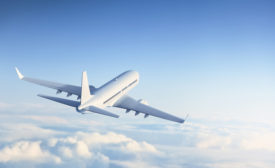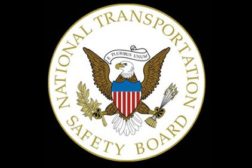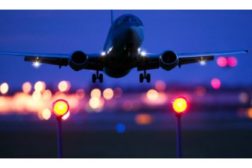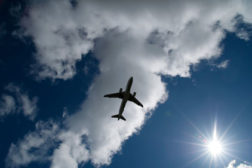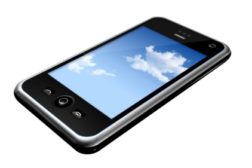Home » airline safety
Articles Tagged with ''airline safety''
Manufacturing company puts hazmat in checked luggage
Potentially explosive substances discovered when bag was screened
July 20, 2015
Should airline passengers get to use cell phones in flight?
DOT wants your opinion
February 18, 2014
Never miss the latest news and trends driving the safety industry
eNewsletter | Website | eMagazine
JOIN TODAYCopyright ©2024. All Rights Reserved BNP Media.
Design, CMS, Hosting & Web Development :: ePublishing
